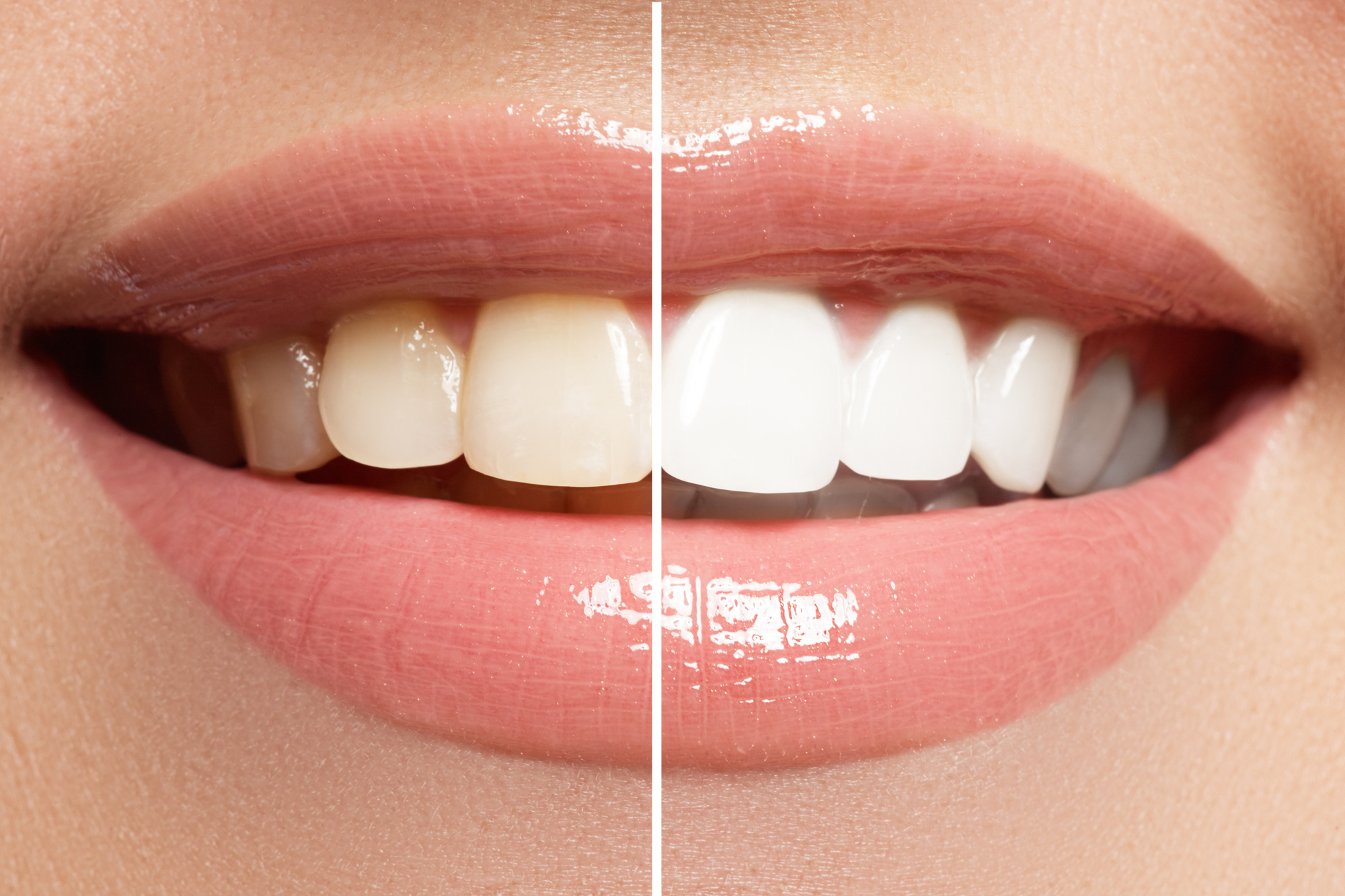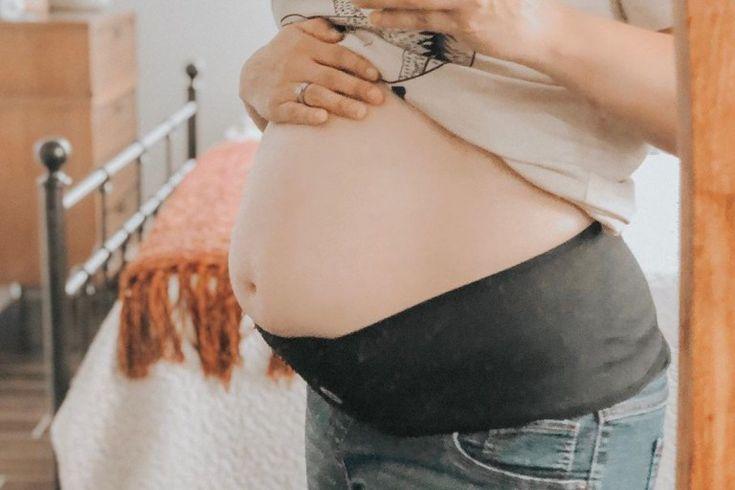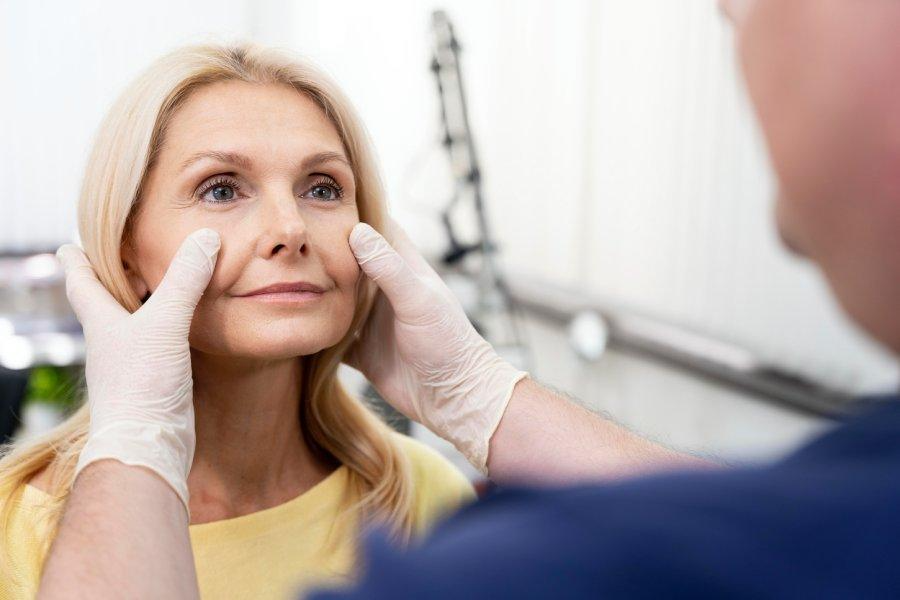In America, a staggering 45 million people, akin to 14% of the population, have undergone professional teeth whitening. Most people want a beautiful and brighter smile and will do almost anything to get it. For this reason, the teeth whitening market is growing exponentially.
It’s predicted to grow by 6% from 2021 to 2026. Now, if you have been thinking about getting your teeth whitened, it’s a good idea to understand everything about it first.
Read on to find out what questions you should ask your professional teeth whitening dentist.
1. What Are the Benefits of Having My Teeth Professionally Whitened?
There are so many DIY teeth whitening products, and you can use a teeth whitening kit or teeth whitening pen. It’s important for you to understand why you should have your teeth professionally whitened instead of using these kits. Ask the professional dentist to explain how professional teeth whitening will benefit you.
The thing is, professional teeth whitening is safe for your teeth, especially for the enamel. It’s also more effective at getting the level of whiteness you would like compared to store-bought teeth whitening kits. Professional teeth whitening yields a brighter result after the first application.
This is not the case with teeth whitening kits, as you may have to use them multiple times to get your desired results. Some of those teeth whitening kits, especially the cheaper ones, may potentially damage your teeth in the process.
2. How Many Treatments Will I Have To Undergo?
One of the many professional teeth whitening benefits is that you won’t have to undergo multiple treatments. With a professional teeth whitening dentist, chances are you won’t need to touch up your smile for about a year. Sometimes it could be longer before you need another teeth whitening session.
How often you get a teeth whitening treatment will highly depend on your lifestyle habits and overall oral care. For instance, if you drink a lot of coffee, wine, or smoke a lot, you’ll need sessions more often.
3. Is There a Difference Between Teeth Whitening and Bleaching?
Essentially, teeth whitening is the process of restoring your teeth to their natural color. This process is done by removing stains and debris from the surface of your teeth.
Teeth bleaching, on the other hand, whitens teeth beyond the natural color by applying products such as carbamide peroxide and hydrogen peroxide.
4. What If My Teeth Are Sensitive After Whitening?
Most of the time, some patients experience sensitivity after teeth whitening, which is normal. However, for most people, it’s a temporary reaction. A professional teeth whitening dentist will make recommendations for the best products and give you instructions to minimize sensitivity.
If you still experience sensitivity, you can avoid hot or cold food items. Try to avoid sour or acidic and sweet foods as well as they may contribute to the sensitivity. The dentist may also recommend that you switch to a toothpaste specifically designed for sensitive teeth.
5. Is Charcoal Teeth Whitening Better?
For a while now, charcoal teeth whitening products have been trending. However, does this necessarily mean that they are better compared to other traditional teeth whitening methods? Not exactly.
Some charcoal whitening products are not as effective as some brands have made them out to be. They may be even more damaging to the enamel part of the teeth due to the abrasive nature of the gritty charcoal. The products may stain the inner part of the teeth instead, known as the dentin.
The problem that may arise with these products is that enamel loss is usually permanent. However, once you search for the best teeth whitening dental practice, ask the dentist whether they would recommend charcoal products for you.
6. Will the Process Hurt My Teeth?
The teeth whitening process involves interacting with your teeth enamel, and it’s a given that you’re worried if the process will hurt your teeth. It’s imperative for you to ask your professional teeth whitening dentist whether there will be any negative or adverse effects after the procedure.
Most of the time, teeth whitening is safe and doesn’t alter the enamel whatsoever. The materials professional dentists use are safe, and a professional dentist is bound to be careful throughout the process. It’s safe to say that you are unlikely to experience any adverse effects, whether short or long-term.
7. Will I Experience Any Pain?
In most cases, professional teeth whitening is painless. However, people with weak enamel may experience some sensitivity. Still, even sensitivity should not last more than a few days. One of the best things about getting professional teeth whitening from a professional teeth whitening dentist is that they will first examine your teeth.
They will check your overall oral health to determine whether you have weak enamel. Once they discover you do, they will take necessary precautions and advise you accordingly about sensitivity.
8. How Do I Maintain My White Teeth?
When you want to go through the teeth whitening process, it’s fitting that you understand how to maintain your white teeth. Your dentist will advise on brushing a minimum of twice a day, using mouthwash, and flossing regularly. One of the best ways to maintain your white teeth is by practicing good oral hygiene.
This will ensure that your enamel stays strong and you don’t develop stains. Beyond that, your dentist will advise against drinking certain foods and drinks such as wine, coffee, juices, and smoking.
9. Can I Get Teeth Whitening If I Have Cavities?
If you currently have dental problems such as tooth decay, your dentist may suggest you address this problem before undergoing teeth whitening.
Most whitening products are very strong and could get into your cavities. In such a case, they would damage your teeth and possibly cause you toothaches.
10. Should I Get My Teeth Whitened Before or After New Crowns?
Crowns and veneers cannot be whitened. Only your natural teeth can be whitened, so it would be recommended to have your teeth whitened prior to installing crowns. When you have your teeth whitened first, your dentist will match your crowns or veneers to your current shade of white.
Finding the Right Teeth Whitening Dentist
To ensure you get the best teeth whitening procedure, it’s of absolute importance that you find the best teeth whitening dentist in your area.
Start by searching for the best teeth whitening dentist near me on the search engine, then go from there. A professional dentist will advise you accordingly and make sure you get the best shade of white that will ultimately give you your most desired smile.
For more informational articles like this one, please check out our blog section. We have so much more valuable content lined up for you.











